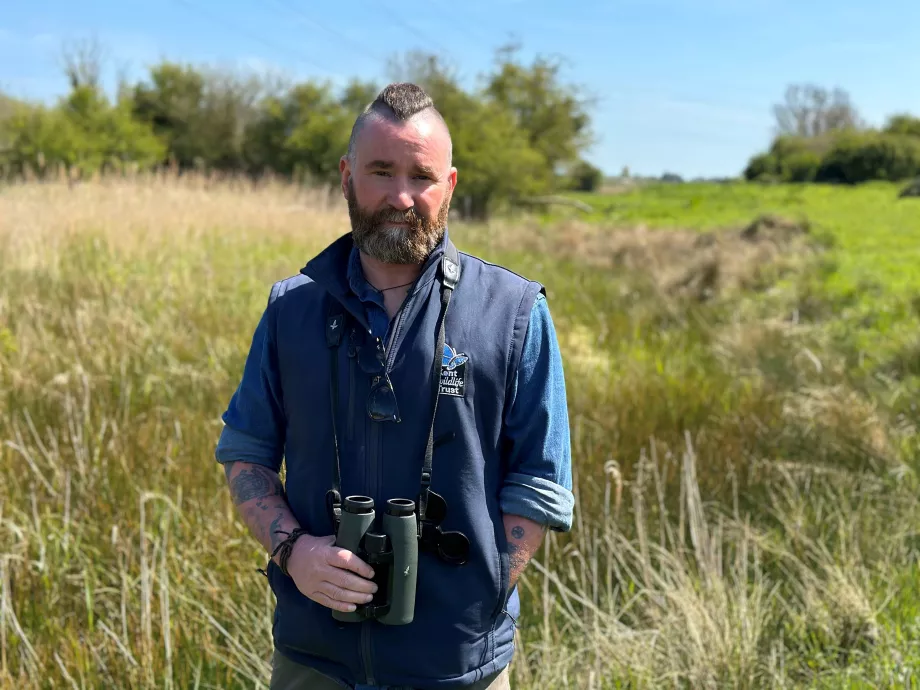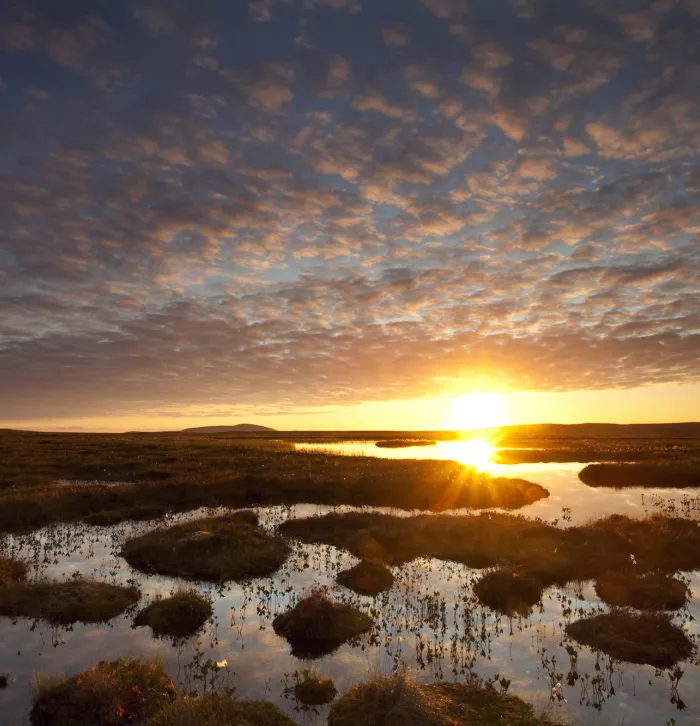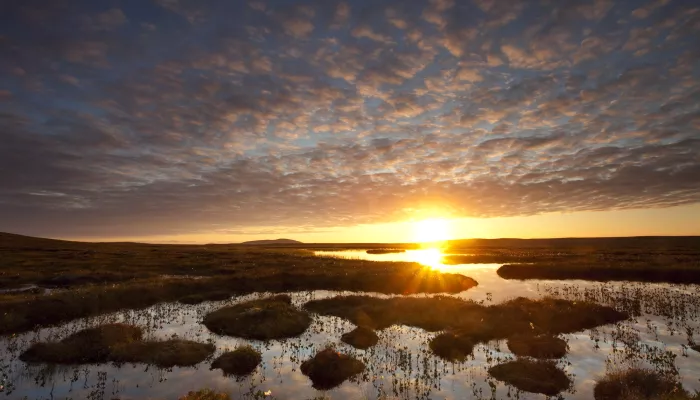
Paul Hadaway at Ham Fen Nature Reserve
Sara Booth-Card, peatlands campaigner for The Wildlife Trusts, added: “Buying or making sustainable, peat-free compost is an easy way for gardeners to help nature and the climate. This free guide provides lots of useful information to help people transition to peat-free gardening this year.
“Peatlands have some of the quirkiest plants and animals found in the UK. They include insect devouring plants like sundews, camouflaged golden plover chicks that look like little pom-poms and sphagnum moss that can hold 20 times its own weight in water. UK peatlands store more carbon than all the forests in the UK, France and Germany combined. The nature and climate crises mean we must do some things differently, including gardening without peat.”
The Wildlife Trusts are continuing to call upon the UK Government to:
- Ban the extraction and commercial trade of peat immediately
- Ban all horticultural uses of peat as soon as parliamentary timeframes allow, or by 2024 at the latest
- Restore all bogs damaged by the removal of peat by 2030
The Wildlife Trusts are leading peatland restoration projects across the UK and have restored over 50,000 hectares of peatland in England alone. Working with partners and landowners, there are short term plans to repair a further 20,000 hectares.
Buying or making sustainable, peat-free compost is an easy way for gardeners to help nature and the climate.Sara Booth-Card, peatlands campaigner for The Wildlife Trusts


